This article sets out to help our readers understand the role of the Environmental Compliance Services that offer guidance on the Intricate laws designed to preserve the Environment.
Navigating environmental regulations can be a daunting task for businesses across sectors, leaving many unsure of where to start. The landscape of compliance requirements is ever-changing and complex, with penalties for non-compliance often severe.
This article is designed to guide you through the world of environmental compliance services – demystifying the concept, outlining its importance, and providing invaluable insights into the most sought-after services in this area.
Ready? Let's embark on your journey to sustainable business practices!
Key Environmental Compliance Services Takeaways
- Environmental compliance services help businesses navigate complex and ever-changing environmental regulations, ensuring they follow the rules and avoid severe penalties.
- Engagement, education, and enforcement are essential aspects of environmental compliance, helping companies protect the environment, ensure community safety, and save money on fines.
- In-demand environmental compliance services include waste management qualifications, health and safety services, sensor technology solutions, water safety compliance, and Legionella compliance.
- Obtaining advice from environmental compliance service providers offers benefits such as future-proofing the built environment, improving hygiene and water management practices, reducing environmental impact, and ensuring compliance with legislation.
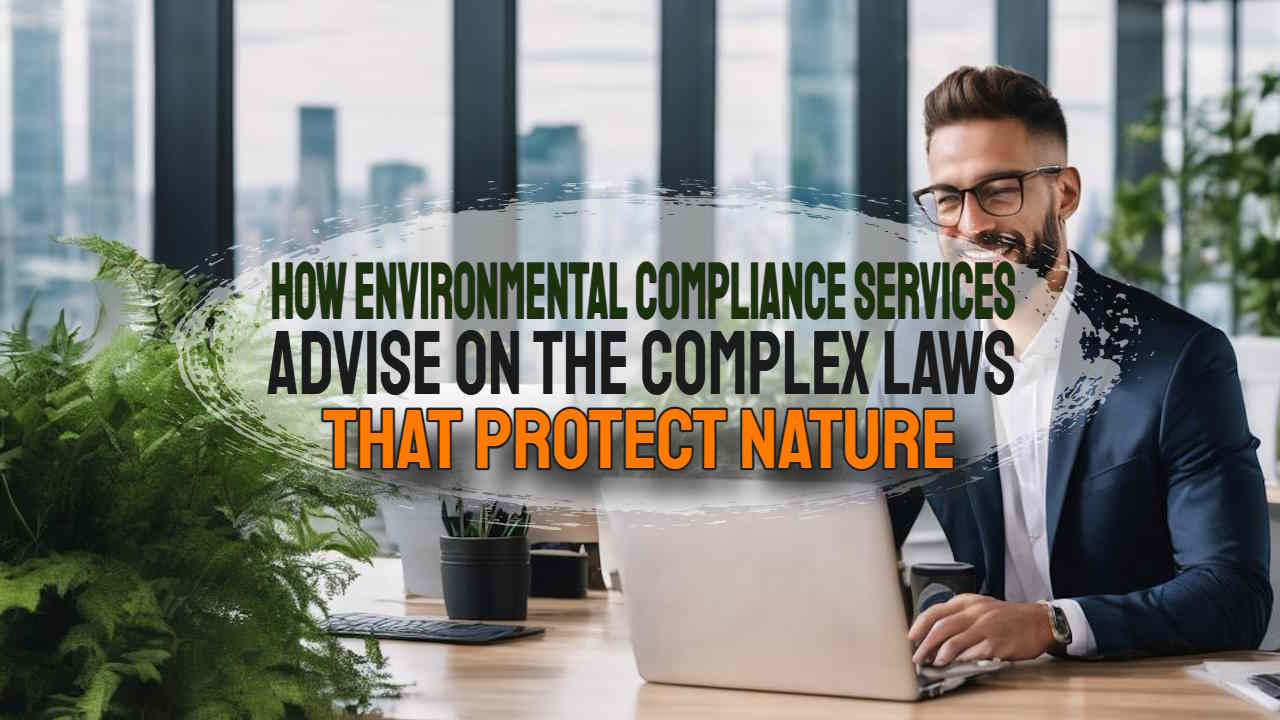
Environmental Compliance a Definition for Everyman
Environmental compliance is living by a set of legally enforced rules. These rules relate to our surroundings and nature. Companies play a big part in this area. They need to think about how their work affects the earth, water, and air.
Environmental regulations are a set of rules that companies must follow, and they are enforced not by the police, but by environmental regulators set up and paid for by governments.
Not following these laws can get companies in trouble. Compliance means going by the book, and doing what's right for the environment and people around every business. It involves looking at many things like waste handling, air quality control, and safe workplace measures.
Every business action can touch on areas covered by environmental law which have standards that must be met all the time. In other words, being ‘in compliance' helps us look after our world better.
The ways to ensure companies comply might differ according to each company's activities or products but it begins with understanding those laws relevant to their operations. This might seem daunting considering how complex regulations may appear sometimes but getting help from experts skilled in such matters could ease this burden considerably.
Engagement, education, and enforcement are essential aspects of environmental compliance, ensuring the protection of the environment and communities while complying with regulations and standards.
Engagement, education, and enforcement
Engagement, education, and enforcement are the core ways of making sure companies follow environmental rules. First is engagement. It's about talking with staff to make them care about the planet.
Then comes education. Teach teams how to best help nature while they are at work. Lastly, we have enforcement – this means checking that all rules are being followed by everyone in the organisation.
Any company can use these three tools – “Engagement”, “Education” and “Enforcement”. This way we will help protect our world and keep communities safe from harm caused by waste or bad air quality.
Following these Earth-first laws also saves your business money in fines for breaking them!
Environmental compliance services offer step-by-step support for businesses to meet these goals- they do regular checks (environmental audits), plan out strategies, and teach people about why saving our environment matters.
Protection of the environment and communities
Good care of the environment and regular monitoring of the local environment for pollution is key to environmental compliance. Harmful practices are prevented by constantly checking for environmentally damaging emissions. Constant vigilance protects our earth and also ensures the health of local communities. Sticking to laws helps keep the air, water, and land clean and safe for future generations to enjoy.
This means that businesses act as a good neighbour within their community.
But it also helps firms stay on the right side of workplace safety rules such as WAMITAB and MPQC standards.
Compliance with regulations and standards
All companies need to follow rules and laws about the earth. These are called environmental regulations and standards. Many firms provide help with this. They can show you how to follow the law.
If a company breaks these rules, they may have to pay money or get in trouble with the law. This is why we must take care of our planet while we do business. It's not just good for the world, but it also helps your company image! An expert can find out if there are any risks in your work that harm the environment too.
Working on these areas will make your business better over time.
List of the 5 Types of Environmental Compliance Services Most in Demand
Some of the most in-demand environmental compliance services include waste management qualifications, health and safety services, sensor technology solutions, water safety compliance, and Legionella compliance.
Read on to find out more about these essential services.
1. UK Waste Management qualifications
You need waste management qualifications to work in the field. Courses like WAMITAB and MPQC can provide these skills. These courses teach you about laws, safety rules, and how to handle waste wood heating systems.
They also cover ways to use biomass heating systems.
In this line of work, UKAS and MCERTS accreditations are very important too. With them, you show that you know all about air quality monitoring and emissions control. You will understand how they affect our world.
Also, being skilled in hazardous materials handling is crucial for people working with harmful substances regularly. It keeps workers safe while ensuring rules are followed by companies large or small! The right training makes sure businesses uphold community safety and environmental protection best practices.
2. Health, safety, and environment (HSE) services
Health, safety, and environment (HSE) services are vital. They help keep workers safe. They also protect the place where we live and work from harm. These services make sure that firms follow all rules about health, safety, and the environment.
This is important if companies want to avoid large fines or other bad results of not following these rules. Using HSE services can also improve a company's good name with people who buy their products or invest in them.
Firms can get help from experts on how to meet these standards for health, safety, and the environment. In short, HSE services are good for businesses, workers, buyers of products, and the world we live in.
3. Sensor technology and IoT solutions
Sensor tech and IoT tools help a lot in following the rules. These tools track air quality, emissions control, and waste management. The data from these tools gets sent straight to key people.
This lets them spot issues fast and fix them right away. It also proves they are sticking to laws about emission limits or waste handling rules.
4. Water safety compliance
Water safety compliance is a crucial aspect of environmental compliance for various industries, including manufacturing companies, construction firms, oil and gas companies, and healthcare facilities.
It ensures that businesses adhere to regulations and standards related to water quality and management. By complying with water safety measures, companies can protect the health of their employees, communities, and the environment.
Water safety compliance includes monitoring water sources for contaminants and implementing effective treatment methods to ensure clean and safe water for consumption or industrial use.
5. Legionella compliance
Legionella compliance is a critical aspect of environmental compliance for companies in various industries. Legionella is a bacterium that can cause a severe illness, known as Legionnaires' disease, which affects the lungs.
Ensuring legionella compliance involves implementing measures to prevent the growth and spread of legionella bacteria within buildings and facilities.
Manufacturing companies, construction firms, healthcare facilities, and hotels are among the sectors that need to prioritize legionella compliance to protect employees, guests, and customers.
This includes conducting regular inspections of water systems, such as cooling towers and hot water tanks, to identify potential sources of legionella contamination.
By adhering to legionella compliance guidelines and best practices, businesses can reduce the risk of an outbreak occurring on their premises. This not only safeguards public health but also helps maintain trust with stakeholders by demonstrating a commitment to providing a safe environment.
Regular monitoring and maintenance are essential components of effective legionella compliance programs.
Benefits of Obtaining Advice from Environmental Compliance Service Providers
Obtaining advice from environmental compliance service providers offers numerous benefits in terms of future-proofing the built environment, improving hygiene and water management, reducing environmental impact, and ensuring compliance with legislation.
Read on to discover how these services can help protect the environment and communities.
Future-proofing the built environment
By engaging environmental compliance services, companies can future-proof the built environment by implementing sustainable practices that align with evolving regulations and standards.
This ensures long-term success while minimizing negative impacts on the environment and communities. Compliance experts help identify potential risks and hazards, develop strategies for ongoing compliance, and provide training on environmental regulations.
By integrating these measures into their operations, companies can enhance their reputation, improve stakeholder relationships, and contribute to a more sustainable future.
Improved hygiene and water management
Implementing effective environmental compliance measures can lead to improved hygiene and water management in various industries. Companies that prioritize environmental compliance are more likely to have robust systems in place to ensure clean and safe environments for their employees, customers, and communities.
These measures include proper sanitation protocols, regular maintenance of facilities, waste management practices, and adherence to regulations related to water quality and usage.
By focusing on improved hygiene and water management, companies can create healthier work environments while also reducing the risk of contamination and pollution.
This not only benefits the immediate stakeholders but also contributes to overall community health and well-being.
Importance of Environmental Compliance

Reduction of environmental impact
Environmental compliance services play a crucial role in helping companies reduce their environmental impact.
By working closely with manufacturing companies, construction firms, oil and gas companies, mining companies, chemical and pharmaceutical companies, waste management companies, utilities and energy providers, transportation and logistics companies, government agencies and municipalities, real estate developers, environmental consulting firms, legal firms specializing in environmental law, environmental advocacy groups educational institutions and research organizations commercial property owners and managers agricultural operations healthcare facilities and hospitals retail chains shopping centers to implement sustainable practices.
These services can help identify areas where businesses can improve their processes to minimize negative effects on the environment. Environmental compliance experts can provide guidance on reducing waste generation, optimizing resource usage (such as water or energy), implementing renewable energy solutions, and adopting eco-friendly technologies.
By taking proactive steps to mitigate their environmental footprint these businesses contribute towards long-term sustainability goals while meeting regulatory requirements.
Compliance with legislation
Compliance with legislation is a crucial aspect of environmental compliance services. These services ensure that companies meet all the legal requirements and regulations related to environmental protection in their specific industry.
By adhering to legislation, companies can avoid costly fines and penalties while also protecting the environment and communities they operate in. Environmental compliance experts help businesses understand and navigate through complex regulations, ensuring that they are in full compliance with all relevant laws.
This not only helps maintain a company's reputation but also strengthens relationships with stakeholders such as customers, investors, and regulators. Overall, complying with legislation supports sustainable business practices and contributes to long-term success.
Conclusion
In conclusion, environmental compliance services are crucial for companies to meet regulations and protect the environment. By engaging with experts, businesses can ensure they follow environmental laws, improve their reputation, and contribute to sustainable practices.
With these services, companies can navigate compliance requirements and create a safer and greener future for all.
FAQs
1. What are environmental compliance services?
Environmental compliance services involve ensuring that businesses and organizations follow laws, regulations, and guidelines related to protecting the environment.
2. Why is environmental compliance important?
Environmental compliance is important because it helps prevent pollution, protect natural resources, and promote sustainable practices for a healthier planet.
3. Who needs environmental compliance services?
Any business or organization that impacts the environment through their operations needs environmental compliance services to ensure they meet legal requirements and minimize their ecological footprint.
4. What do environmental compliance services include?
Environmental compliance services typically include conducting audits, monitoring emissions and waste management practices, developing action plans for improvement, and providing guidance on regulatory obligations.
5. How can I find a reliable provider of environmental compliance services?
You can find a reliable provider of environmental compliance services by researching reputable companies in your area with expertise in this field or seeking recommendations from industry associations or government agencies.



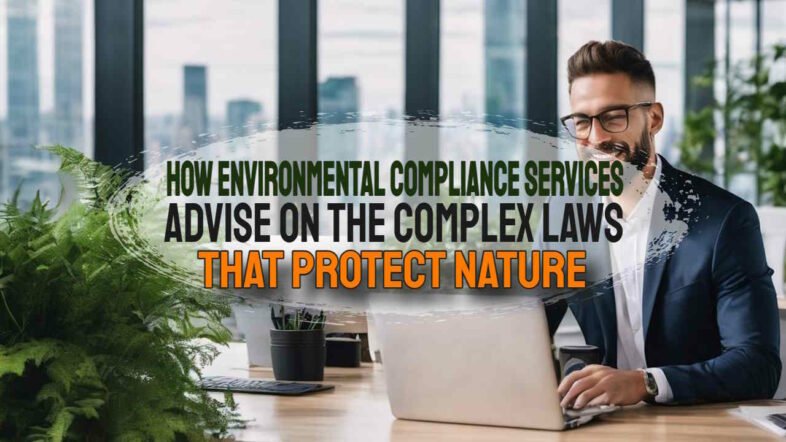
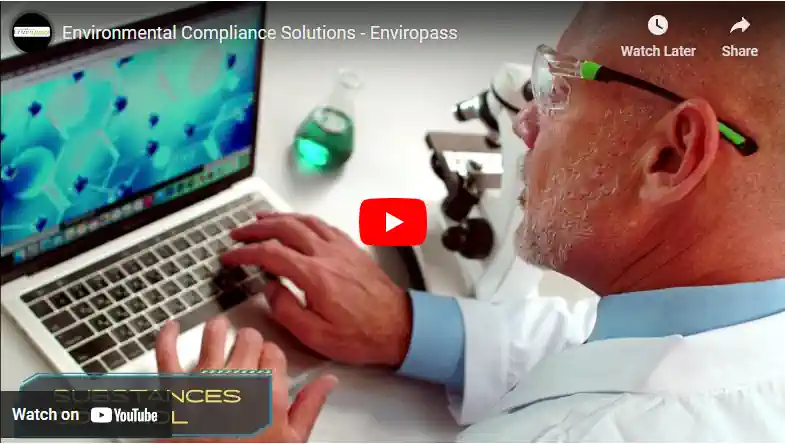
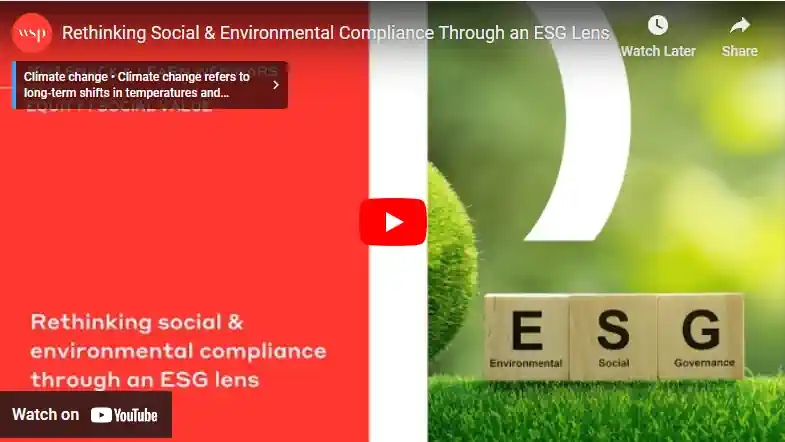
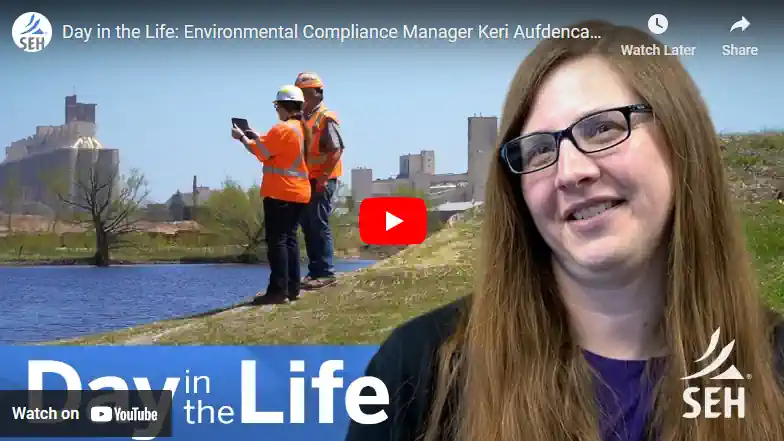



Feeling a bit stuck here, knowing I need qualifications like WAMITAB or MPQC to break into waste management, but I’m eager to learn about all that stuff.. laws, safety, handling hazardous materials, and even air quality stuff. Is there any way I can get in this without them?